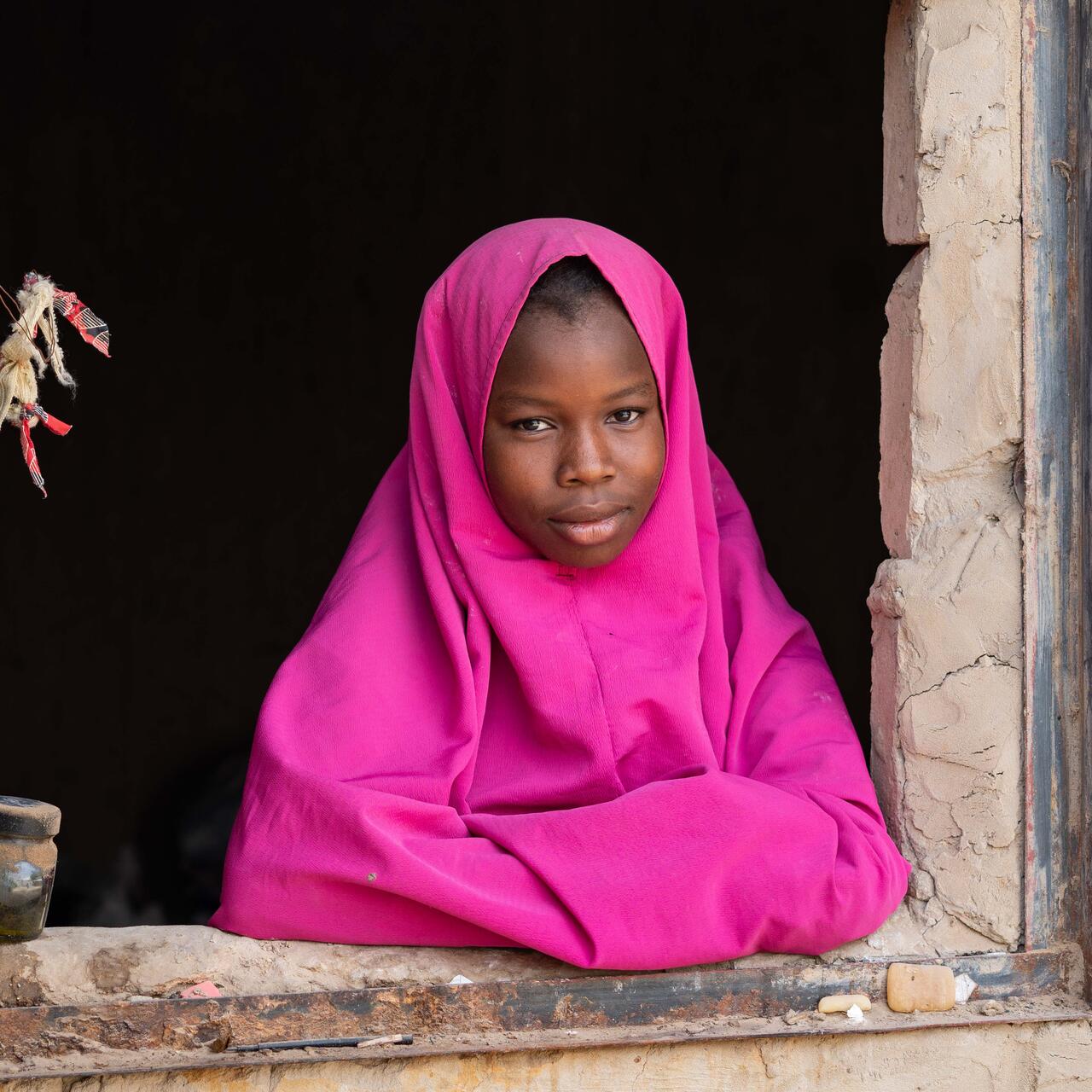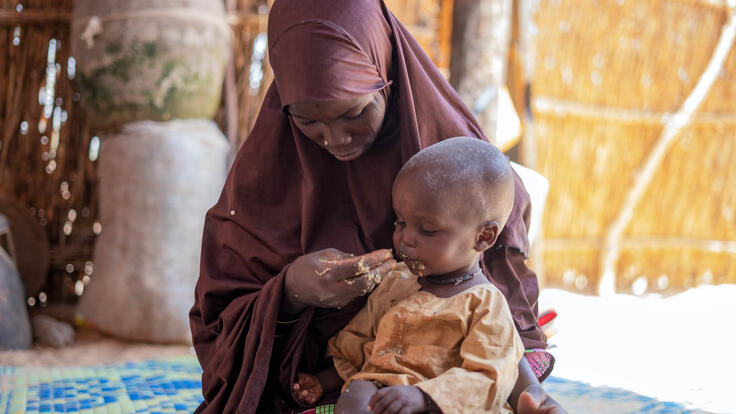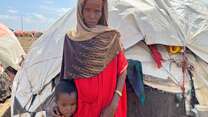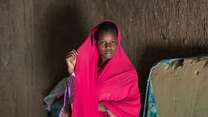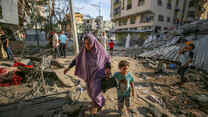IRC warns of surging Cholera cases amidst severe flooding
- Catastrophic flooding has affected over 1.4 million people since the start of the lean season this year.
- Niger has reported 881 cholera cases and 18 fatalities following the floods.
- “This is the worst case of flooding we have ever seen in Niger, leaving thousands vulnerable to preventable diseases. Without urgent action, more lives are at risk,” says IRC Niger country director, Melody Munz.
- The IRC’s flood response in Niger has reached 3,120 households so far, delivering critical services to more than 21,840 people.
Country facts
- Total population: 26.1 million
- People in need of humanitarian support: 4.3 million
- People facing crisis, or worse, levels of food insecurity: 3.3 million
IRC response
- Rank in Human Development Index: 189 of 191
- Started work in Niger: 2013
Niger, a landlocked country in Africa's Sahel region, is prone to political instability, chronic food insecurity and natural disaster. The IRC helps vulnerable Nigeriens meet urgent needs and provides support to refugees in neighboring countries and migrants in the desert.
Since the 1980s, Niger has been ranked near the bottom of the Human Development Index. With one of the highest fertility rates placing chronic strain on basic services, the country is plagued by insecurity, disease outbreaks and violence against women. Frequent droughts and floods leave farmers struggling to feed millions.
In 2023, a coup shook Niger, triggering mass instability and accelerating the country’s ongoing humanitarian crisis. The coup caused a sharp deterioration in Niger’s relations with many regional and global partners. The Economic Community of West African States (ECOWAS) levied significant economic and financial sanctions on the country, including the freezing of foreign assets and suspension of financial assistance. The EU, U.S. and World Bank also cut financial support to Niger, while the country’s new military government reduced state spending by 40%.
Although ECOWAS lifted some sanctions on Niger in February 2024, humanitarian needs in the country remain high.
Now, civilians in Niger are bearing the brunt of climate shocks, international sanctions and financial restrictions, and the fallout of the conflict between the new central government and nonstate armed groups.
As violence spreads, people are forced to keep moving in search of safety and resources—some 4.3 million people are now in need of humanitarian support. The country is facing one of the world’s worst food insecurity crises due to the combined impact of conflict and climate change, with the upcoming El Niño season likely to deepen needs.
Meanwhile, Niger’s government is primed to prioritize military spending over funding critical public services amidst a shortfall in international support, due in part to the 2023 coup.
We first began assisting Nigeriens in 2013, providing emergency and protection assistance to refugees and returning Nigeriens. Today, the IRC is one of the largest humanitarian organizations in the country, having supported over 270,000 people last year.
Currently, we are focusing our efforts in the Diffa and Tillaberi regions by:
- providing rapid-response emergency relief for displaced Nigeriens and Nigerian refugees;
- providing cash transfers, food vouchers and agricultural support to vulnerable families;
- providing essential equipment and medicine to local health care centers;
- digging wells to irrigate crops;
- screening and treating severely malnourished children and offering training in nutrition and hygiene;
- improving education outcomes to children who face crisis;
- ensuring the welfare of refugees and migrants through child protection and prevention of violence against women.
